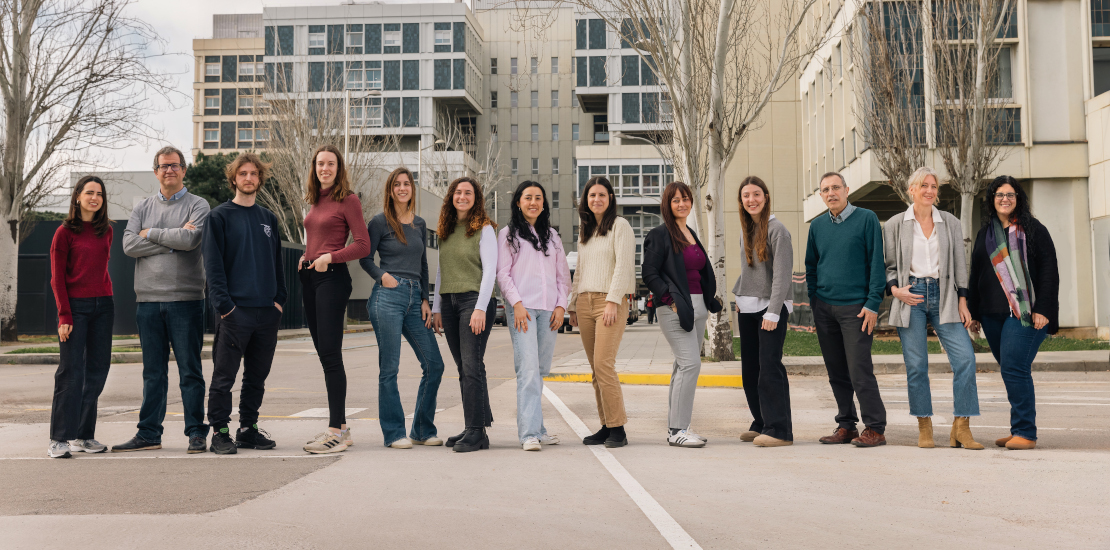La Unitat de Nutrició i Càncer (UNAC) està formada per un equip multidisciplinari d'epidemiòlegs, nutricionistes, biòlegs i estadístics. Se centra principalment en la investigació etiològica de la relació entre nutrició i càncer. Això inclou la dieta i els patrons dietètics, la composició corporal i l'activitat física com a possibles determinants del càncer, així com la susceptibilitat genètica en la carcinogènesi humana. La UNAC també investiga el paper dels factors nutricionals en el pronòstic dels pacients i supervivents de càncer. Per aconseguir-ho, combina enfocaments epidemiològics tradicionals amb eines més innovadores, com ara biomarcadors d'exposició i susceptibilitat.
Històricament, la majoria de les investigacions de l'UNAC s'han dut a terme en el marc de la Investigació prospectiva europea sobre el càncer i la nutrició (EPIC), en col·laboració amb la Unió Europea, IARC/OMS i l'Imperial College de Londres (https://epic.iarc.fr/). EPIC és un estudi de cohorts multicèntric amb l'objectiu principal d'investigar la relació entre la nutrició, l'estil de vida, els factors genètics i ambientals i la incidència del càncer i altres malalties cròniques. La UNAC participa en diverses àrees de recerca relacionades amb EPIC i lidera el grup de treball sobre càncer gàstric i d'esòfag. La Unitat ha desenvolupat recentment noves línies de recerca que aborden l'etiologia dels càncers relacionats amb les hormones, principalment els d'endometri i d'ovari. La UNAC també treballa estretament amb altres grups de treball EPIC sobre càncers de mama, pulmó, pròstata i colorectal. Fins al moment, EPIC ha identificat més de 90.000 casos de càncer i és un dels estudis d'aquest tipus més grans existents al món, agrupant dades d'aproximadament 500.000 individus seguits durant gairebé 20 anys en 10 països europeus, entre ells Espanya.
Hi ha un interès creixent pel paper potencial de la nutrició en el pronòstic i la progressió de la malaltia en supervivents de càncer, principalment en càncers comuns relacionats causalment amb la dieta. Es necessiten estudis d'intervenció per confirmar el paper d'aquests factors d'estil de vida en el pronòstic del càncer i per establir recomanacions específiques. La UNAC coordina un assaig clínic aleatoritzat multicèntric (PREDICOP) per avaluar l'efecte d'una intervenció d'estil de vida (que combina control de pes, dieta i activitat física) sobre el risc de recurrència entre pacients amb càncer de mama, així com l'efecte de la intervenció sobre la supervivència i la qualitat. de la vida. Aquest assaig en curs pretén incloure unes 2.000 dones diagnosticades de càncer de mama no metastàtic. Els participants seran col·locats en un grup d'intervenció o en un grup de control i es seguiran durant cinc anys. Els pacients del grup d'intervenció participaran en un programa d'estil de vida amb dos components: la part dietètica tindrà com a objectiu aconseguir una reducció de calories mantenint la qualitat nutricional; la part d'activitat física inclourà sessions d'exercici supervisat d'intensitat moderada.

